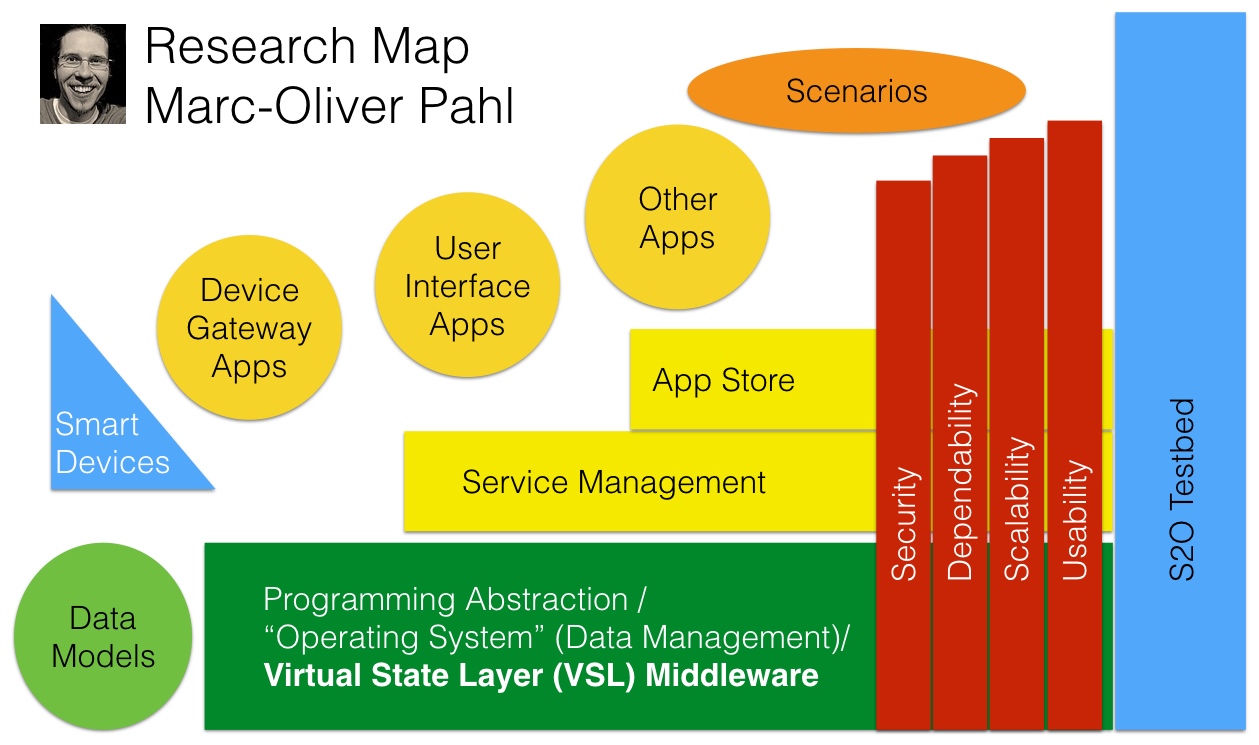|
Autonomous vehicles, also known as self-driving cars or driverless cars, are set to revolutionize the future of transportation. These vehicles incorporate advanced technologies such as artificial intelligence (AI), sensors, cameras, and actuators to operate without human intervention. This article explores the potential benefits, challenges, and implications of autonomous vehicles. One of the primary advantages of autonomous vehicles is enhanced safety. Human error is a leading cause of road accidents, but with self-driving cars, the risk of accidents due to distractions, fatigue, or impaired driving can be significantly reduced. Autonomous vehicles can make split-second decisions based on real-time data, minimizing the chances of collisions and improving overall road safety. Moreover, autonomous vehicles have the potential to improve traffic efficiency. Through interconnected communication systems, these vehicles can share data with each other and adapt their routes in real-time. This can lead to optimized traffic flow, reduced congestion, and shorter travel times. Additionally, self-driving cars can maintain consistent speeds and spacing, eliminating sudden braking or unnecessary lane changes that often contribute to traffic jams. Furthermore, autonomous vehicles hold great promise in terms of environmental sustainability. Most autonomous vehicles are electric, which means they produce zero tailpipe emissions during operation. By transitioning from traditional gasoline-powered cars to autonomous electric vehicles, we can significantly reduce greenhouse gas emissions, air pollution, and our dependence on fossil fuels. While the prospects for autonomous vehicles are exciting, several challenges must be overcome. One key challenge is the development of robust and reliable AI systems. Self-driving cars require complex algorithms capable of understanding and responding to various traffic situations. Ensuring the safety and reliability of these AI systems is crucial to gain public trust and acceptance. Additionally, there are legal and ethical considerations surrounding autonomous vehicles. Determining liability in the event of accidents involving self-driving cars poses a significant legal challenge. Moreover, ethical dilemmas may arise when programming self-driving cars to make life-or-death decisions during unavoidable accidents. Society needs to address these complex questions before widespread adoption of autonomous vehicles. In conclusion, autonomous vehicles have the potential to transform transportation as we know it. With improved safety, increased traffic efficiency, and reduced environmental impact, self-driving cars offer numerous advantages. However, addressing technological challenges, legal frameworks, and ethical concerns is essential for a smooth transition to a future where autonomous vehicles are commonplace on our roads. By embracing this technology responsibly, we can unlock a more sustainable and efficient transportation system for generations to come.  |
